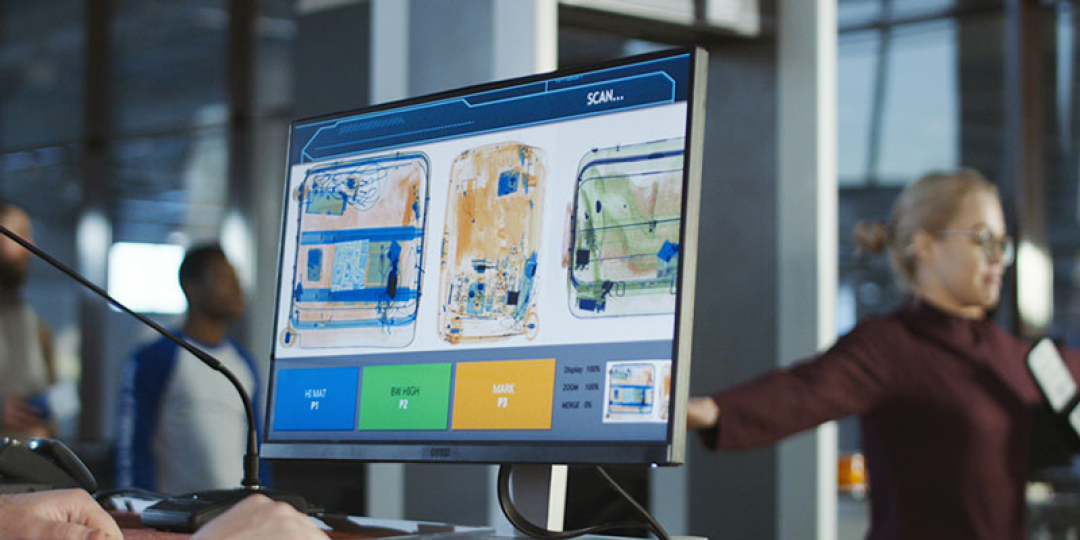Following successful trials in 2022 at London City Airport, the UK government is now requiring the installation of high-tech 3-D scanning equipment at all airports inside the next year and a half. This should smooth and speed up security processes considerably.
The move in the UK represents just one link in a global chain which will replace old technology with new and do away with regulations on liquids, aerosols and gels (LAGs) at airports. This should be in place, in the UK at least, by the summer of 2024.
Major UK airports are now required by the UK Department for Transport to have replaced the older technology with the more advanced CT security scanners, similar to those used in hospitals, by the summer of 2024.
Industry-watchers say the advent of the new scanners signals the end of individual governments’ requirement that passengers may carry on board only small quantities of liquids, gels and aerosols in their hand-luggage. Currently, the regulations are that these LAGs, totalling a maximum of 1 000ml, have to be contained in 100 ml bottles inside a one-litre plastic ziplock bag in the passenger’s hand luggage and should be removed from the hand luggage and placed in a tray to be scanned separately from the bags. The bag must be ready to be shown to a security officer should the passenger be asked.
The new scanners will also remove the need for passengers to remove their laptops from hand-luggage at security check in.
The existing rules and restrictions concerning liquids and laptops in carry-on bags on international flights are standard globally and were occasioned by the discovery of an aviation terrorism plot in 2006, involving liquid explosives.
The LAG security rules and their enforcement are one of the biggest causes for delays in the security queues globally. Passengers who are unaware of or who have forgotten the rules and who then have to rearrange their hand luggage and jettison LAGs cause hold-ups in the queues.
London City Airport is the first UK airport investing in the new scanners in a partnership with multi-national security IT and engineering firm, Leidos. London’s Heathrow and Gatwick airports are currently trialling them.
London City’s COO, Alison FitzGerald, said following its one-lane trial this year, it is satisfied that the scanners are high performing. “Our passengers love them… Thanks to the Leidos solution, alongside speed, it also delivers the highest security specifications.”
Earlier this year, the US’s Transportation Security Administration announced that millions of dollars were being invested into hi-tech airport scanners in the US, with the idea of better detecting dangerous objects and removing the need for passengers to take liquids and laptops out of hand luggage in the security queue.














